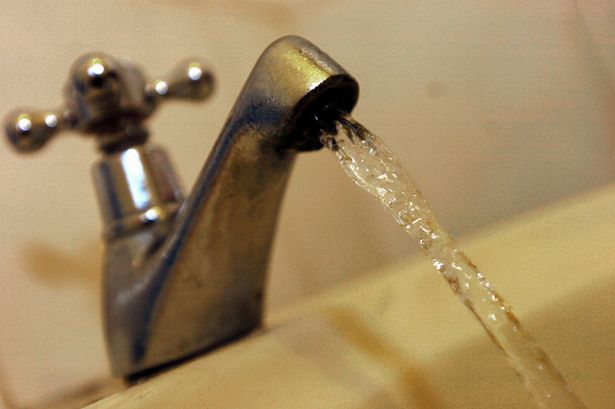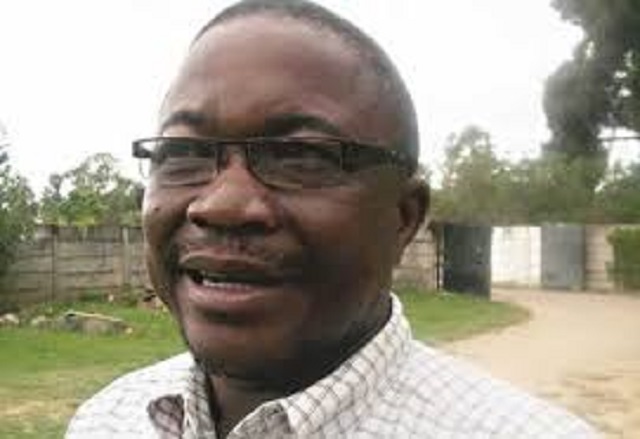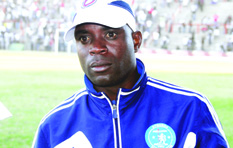EDITORIAL COMMENT:Let’s use water sparingly

OVER the years, Bulawayo has experienced perennial water shortages owing to the erratic rainfall situation. The location of the city’s six supply dams — which are domiciled in Matabeleland South province – has worsened water shortages in the country’s second largest city due to the persistent drought in the arid region.
Changing weather conditions wrought by a multiplicity of factors among them climate change have meant that inflows into the supply dams have continued to dwindle against a growing demand for water. With a population of just over 600 000 people, Bulawayo’s water needs continue to grow. The addition of Mtshabezi to the city’s supply dams has not had the desired effect due to pumping issues.
The resuscitation of boreholes at the Nyamandlovu aquifer has also not gone according to plan as a result of funding constraints. However, despite these challenges, the Bulawayo City Council should be commended for managing to keep the city supplied with clean water and preventing it from sliding into crises experienced in other cities.
The fact that there has not been an outbreak of water-borne diseases like cholera and typhoid over the years is testimony of a solid water and sewer reticulation system. We commend the BCC for managing the limited water in its supply dams and ensuring that residents do not go without the precious resource while not subjecting them to stringent rationing regimes. We also applaud the people of Bulawayo for adhering to council regulations on water consumption and urge them to continue doing so as the city’s water levels have plummeted to worrying depths once again.
On Tuesday, the BCC raised alarm over the deteriorating water supply situation in the city and urged residents to use water sparingly. Briefing the media in council chambers, the Director of Engineering Services, Mr Simela Dube, said the city may run out of water in the next three months if residents do not use the resource responsibly. He said the city’s six supply dams are holding a cumulative 150 million cubic metres of water, which is 36 percent of their total capacity.
Mr Dube warned that the BCC may tighten the strict water rationing regime to make the water last until the next rainy season which begins at the end of the year.
He said Upper Ncema, one of the supply dams, has already been decommissioned and Umzingwane may follow in three months.
Compounding the already dire situation is the fact that last year dams gained about two months’ supply from the little rain that fell. In March this year the city changed water rationing limits to conserve dwindling supplies.
Households in high density suburbs are expected to use 450 litres per day while those in low density suburbs are limited to 550 litres per day. The local authority has called on residents to use water sparingly so that the remaining supplies can stretch to the next rainy season. Otherwise, the BCC may be forced into enforcing stringent water rationing.
“I believe if we conserve water Umzingwane can take us to the next rainy season without us resorting to further water rationing. We’re all aware that we’re already under water rationing. So we’re calling on residents to further restrict their water usage because if we impose rationing on them, it will come with penalties,” said Mr Dube.
“Our water levels are now at 36 percent of capacity. Upper Ncema Dam has been decommissioned as it is now one percent full. We’re anticipating that Umzingwane will be decommissioned in the next three months if water is not used sparingly. But if water is conserved Umzingwane can take us to the next rainy season”.
The dams’ total inflows for the whole of last year was just 22 million cubic metres while the monthly draw down is nine million cubic metres. This means that what was received from the rains this year was just an allocation for two months’ supply, precipitating the current critical situation.
According to Mr Dube, if consumption remains at 120 to 121 000 cubic metres per day, authorities just might be able to stretch the remaining supplies into the rainy season.
He said the figure should not increase to between 130 000 and 135 000 cubic metres per day as it was last year during the heat wave period. Mr Dube said the city was exploring ways to augment the city’s water levels. He said one way of augmenting the city’s water supplies was to tap into the Nyamandlovu Aquifer.
We urge residents to heed council’s call for restraint in using water. Measures being put in place to conserve water can only succeed with the active participation of all stakeholders in the city, particularly domestic consumers. Let’s use water sparingly and ensure that the capacity in our dams takes us into the next rainy season.









Comments